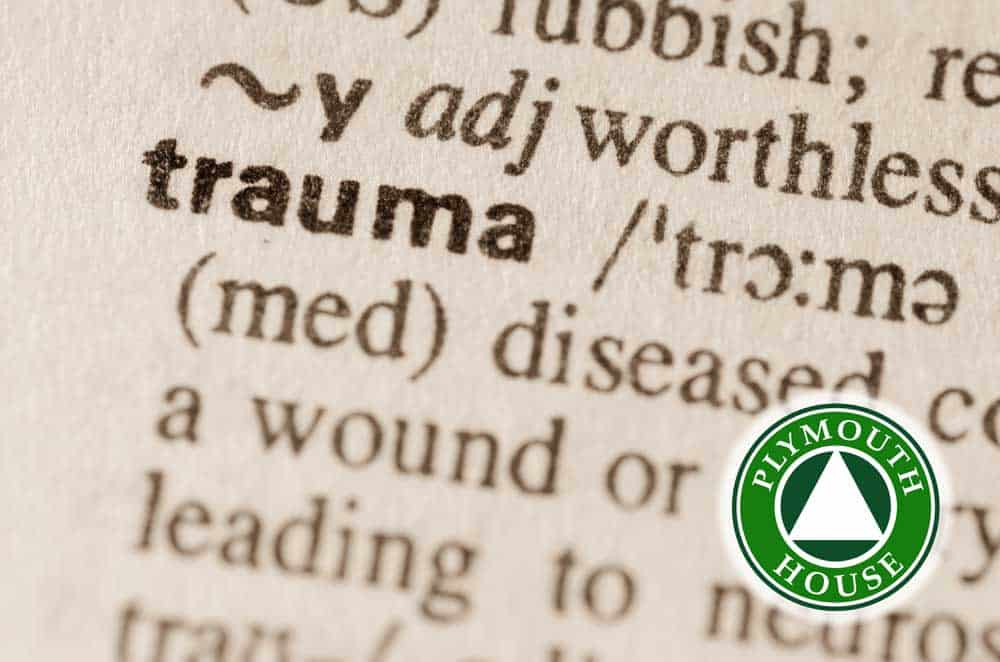The interplay between trauma and addiction presents a poignant inquiry into the human condition. Can we genuinely heal the fractures within our psyche without addressing the root causes of our suffering? This question is particularly relevant in light of the Bahá’í teachings, which emphasize the intrinsic connection between the spiritual and material dimensions of life. Understanding trauma and addiction through this lens not only elucidates their relationship but also reveals avenues for holistic healing.
To embark on this exploration, one must first delve into the definitions of trauma and addiction. Trauma is often defined as a deeply disturbing or distressing experience that overwhelms an individual’s capacity to cope. This emotional distress can manifest in various forms, such as chronic anxiety, depression, or post-traumatic stress disorder (PTSD). On the other hand, addiction can be described as a compulsive engagement in rewarding stimuli, leading to detrimental consequences. While addiction often encompasses substances, it can also include behaviors such as gambling or compulsive internet usage. The relationship between these two phenomena is intricate and nuanced, warranting a comprehensive examination.
From a Bahá’í perspective, the spiritual link between trauma and addiction opens a pathway to understanding the essential oneness of humanity. The teachings of Bahá’u’lláh highlight that humanity is like the various parts of a body, interconnected and interdependent. Therefore, issues such as trauma and addiction cannot be addressed in isolation but must be viewed in the context of societal and communal well-being. The spiritual ramifications of trauma extend beyond the individual and ripple through families, communities, and nations.
One might ponder the potential origins of trauma. The Bahá’í teachings maintain that suffering serves as a catalyst for growth, a principle echoed throughout the ages in various spiritual traditions. Trauma can originate from a multitude of sources — personal loss, societal upheaval, or even systemic injustices — all of which can contribute to an individual’s spiritual disconnection. When left unaddressed, this disconnection fosters a reliance on substances or behaviors to numb the pain and escape from reality. Thus, addiction can be perceived as a misguided attempt to address unresolved trauma.
The Bahá’í approach advocates for recognizing the spiritual dimensions of healing. It posits that true healing—whether from trauma or addiction—requires a multifaceted strategy that encompasses spiritual, psychological, and social components. For instance, engaging in spiritual practices such as prayer and meditation nurtures a sense of connection to the divine and cultivates inner peace, which can be instrumental in mitigating the effects of trauma. Furthermore, community-building efforts can provide support and understanding, helping individuals to heal collectively and fostering resilience against the pervasive impacts of trauma.
Equally critical is the concept of service to others, which is deeply embedded in Bahá’í teachings. Engaging in acts of service can transform one’s relationship with pain. It invites individuals grappling with trauma and addiction to transcend their challenges by focusing on the well-being of others, thereby fostering a sense of purpose. This shift in perspective not only contributes to personal healing but also reinforces the interconnectedness of humanity. When individuals contribute to a larger cause, they create a supportive network that helps them navigate their struggles.
In examining the psychological underpinnings, one can observe how trauma manifests in the brain, altering neurotransmitter functions and creating maladaptive coping mechanisms. The neural pathways associated with memory, emotion, and reward can become entwined, leading to a cycle of addiction and traumatic recall. Bahá’í teachings encourage the cultivation of a sound mind and body, underscoring the importance of education in understanding these complex interactions. Knowledge empowers individuals to recognize harmful patterns and seek healthier alternatives, thus breaking the cycle of trauma and addiction.
A vital aspect of the Bahá’í worldview is the belief in the power of unity and diversity. Each individual’s experience with trauma and addiction is unique, shaped by their personal circumstances, cultural background, and social environment. This plurality must be acknowledged in discussions surrounding healing and recovery. Tailored approaches that respect individual experiences while promoting communal solidarity can facilitate deeper understanding and more effective interventions in addressing trauma and addiction.
Finally, it is essential to recognize the necessity of professional intervention in cases of profound trauma and addiction. While Bahá’í teachings encourage spiritual solutions, they do not negate the importance of psychological and medical support. Collaborations between spiritual communities and professional practitioners can yield significant benefits in treating trauma-related issues and addiction. Such partnerships foster holistic healing strategies that honor both spiritual and material needs.
In concluding this examination, one may wonder: How can we transform our understanding of trauma and addiction from a perspective of suffering to one of potential? The answer may lie in embracing the teachings of Bahá’u’lláh, which inspire a comprehensive approach to healing. By recognizing the interconnected nature of humanity, advocating for collective well-being, and integrating spiritual practices with professional support, we can forge paths toward recovery that honor both the challenges and the transformative power of the human spirit. Through this approach, the spiritual link between trauma and addiction becomes not only a challenge to address but also an opportunity for profound growth and unity.
